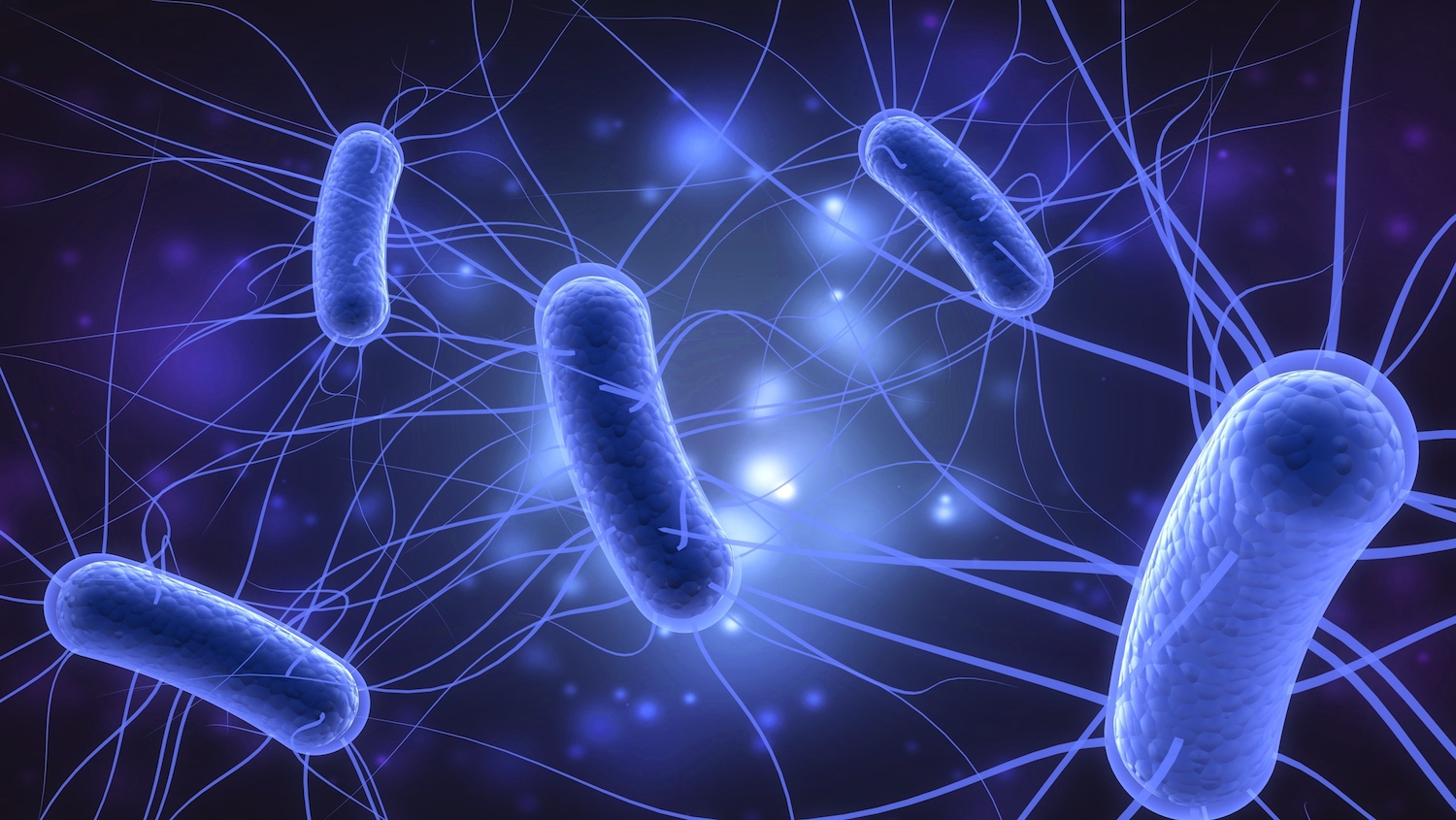Бактеріальний пластир
Дослідницька група з Гарвардського інституту біологічної інженерії розробила підхід з використання живого матеріалу – штаму генномодифікованих кишкових паличок E.coli – як пробіотика місцевої дії. Ці модифіковані бактерії виробляють мережу нановолокон, які зв’язуються зі слизом кишківника, заповнюючи запалені ділянки і, як пластир, захищаючи їх від впливу мікробів. Такий підхід випробували на мишах – гель захищав їх від проявів коліту від хімічних речовин і сприяв заживленню слизової оболонки кишківника.
«Використовуючи цей підхід «живої терапії», ми створили багатовалентні матеріали, які виробляються модифікованими бактеріями на місці та прикріпляються до багатьох слизових білків за один раз, підтримуючи в’язкий шар і створюючи стабільний самовідновний «пластир» (BAND-AID)», – пояснив керівник дослідження Ніл Джоши.
Він вважає, що підхід із застосуванням гелю може бути застосований при протизапальній, імуносупресивній та антибіотикотерапії, щоб мінімізувати негативний вплив ліків та потенційно забезпечити захист від рецидивів ЗЗК.
«Цей потужний і простий підхід може вплинути на життя тисяч пацієнтів із ЗЗК, для яких не існує доступних ліків від конкретної хвороби», – зазначив засновник інституту Дональд Інгбер.
There are several ways that harmful E. coli infections can be prevented, according to UCSF:
- Regularly and thoroughly wash hands with soap and hot water after using the bathroom, changing diapers, coming in contact with infected persons, before handling or eating food and after coming into contact with farm animals.
- Properly washing fresh produce, cooking meats to safe internal temperatures, safely storing food in the refrigerator or freezer and thawing food in the refrigerator or microwave.
- Keep food preparation areas clean by using hot, soapy water or disinfectant to wash hands, counters, cutting boards, utensils and anything else that may have come into contact with raw meat. Always keep raw meat separate from cooked meat and other foods.
- Drink and eat pasteurized products, including milk, juice and cheese.
- Avoid swallowing water when swimming in a pool, lake or other body of water.
- Those with diarrhea should avoid swimming in public areas, sharing a bathroom or preparing food for others to avoid spreading the infection.
Diarrheal diseases, including those caused by E. coli, are a major health issue around the world. The development of vaccines aims to reduce the number of infections, and, ultimately, the number of deaths, especially among young children, caused by complications associated with the diseases.
A 2018 review published in the journal Frontiers in Microbiology summarized how, over the past several decades, researchers have tried a variety of approaches to develop effective vaccines for E. coli. So far, scientists have developed rudimentary vaccines for traveler’s diarrhea but they aren't very effective and work against only a few specific strains, Fankhauser said.
A new and potentially promising area of vaccine research is the development of personalized E. coli vaccines based on an individual's blood type. A 2018 study published in The Journal of Clinical Investigation found that the severity of symptoms caused by an E. coli infection is related to a person's blood type.
Another team of researchers in the U.S. and Europe has made progress in developing a vaccine for preventing UTIs caused by E. coli. The group's preliminary 2017 study, published in the journal The Lancet Infectious Diseases, demonstrated that their vaccine was safe and effectively reduced the number of UTIs in more than 30 female patients.

Коментарі
Дописати коментар